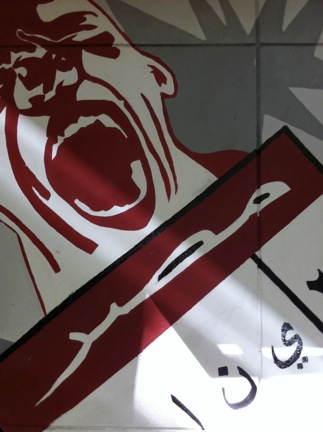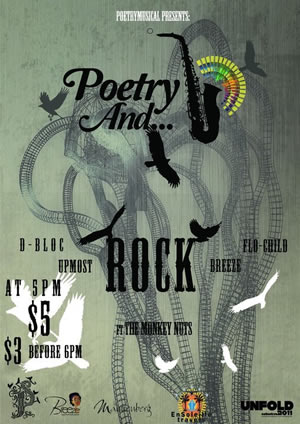I recently attended Joburg Radio Days, a conference which brings together radio practitioners from across the continent to share ideas and their work with each other. One of the issues under discussion was the prospect of broadcasting reform in Zimbabwe, while another session was devoted to community radio.
The Zimbabwean speakers described the legislative framework, which based on the guarantee to freedom of expression as enunciated in clause 20 and amendment 19 of the current constitution should allow for a multiplicity of voices on the airwaves. Zenzele Ndebele from Radio Dialogue was passionate in making his case for the need for community radio. State media, he said, did not allow space for Zimbabwe’s cultural diversity; neither did it represent the interests of small communities. Rather ZBC gave a platform to political interests and because of its limited capacity to broadcast to all Zimbabweans left much of the population without any access to information.
Having attended several conferences and workshops with this theme, I am a little weary of talking about it. The inclusive government of which ZANU PF has the lion’s share of power has reneged on amendment 19 of the constitution and has failed to implement broadcasting reform. This is undeniable. There is still much work to be done in creating an environment that is conducive to the creation of a free and independent media. I feel that we should spend more time figuring out either alternative ways to get information to those without access, or finding middle ground with ZANU PF policy makers in order to make media freedom a reality.
Not that the policymakers themselves are much help. Confronted with questions about why media freedom was so slow in coming to Zimbabwe, the Zimbabwe Media Commissions representative to the Forum, Ambassador Chris Mutsvangwa could not give a definitive answer. Instead he gave us his war credentials and insisted he was a highly educated Constitutional lawyer.
His response is typical of the party line; where supposedly educated policy makers sidestep the issue at hand and foaming at the mouth reiterate that they freed us from colonialism and we are an ungrateful lot for daring to question our elders. We as a nation are unable to move forward because they as leaders are caught in a time trap of justifying an untenable grip on power. It’s all very well to have liberated the country from Western imperialists, but that revolution, the creation of a successful and proud Zimbabwean nation, is not over yet.











